On the morning of August 17, in Hanoi, the Ministry of Agriculture and Rural Development coordinated with the United Nations Development Program (UNDP) to organize the Workshop "Digital transformation towards green agriculture and sustainable development".
Workshop "Digital transformation towards green agriculture and sustainable development".
Speaking at the opening of the workshop, Deputy Minister of Agriculture and Rural Development Hoang Trung said that the Ministry of Agriculture and Rural Development of Vietnam always identifies digital transformation of agriculture and rural development as an objective necessity and the responsibility, obligation, and benefit of the entire system, the industry, science and technology enterprises, and especially of farmers; Digital transformation is an important method to help farmers and enterprises produce quality agricultural products at the lowest cost, but with the highest profits.
The digital transformation process in the agricultural and rural sectors in Vietnam still faces many difficulties and challenges such as: Lack of digital infrastructure in rural areas; limited scale of digital transformation application, not synchronized between regions, areas and localities; limited awareness and skills of farmers in using smart devices; small cultivation area; not many agricultural enterprises investing in digital transformation; limited quality of highly specialized human resources in digital agriculture.
Therefore, the digital transformation process of Vietnam's agriculture and rural development sector requires the participation not only of state management agencies at the central and local levels, but also of businesses, people and especially the support and experience sharing of the international community.
Deputy Minister of Agriculture and Rural Development Hoang Trung spoke at the workshop.
In recent times, a number of technical assistance projects of international organizations such as UNDP, UNIDO, GIZ, IRRI, IDH, Oxfarm... have deployed many pilot models on digital application in production, harvesting, and distribution of some key agricultural products of Vietnam such as rice, shrimp, coffee, fruit trees... and have achieved certain successes.
Currently, in Binh Thuan, the percentage of dragon fruit growing households using LED lights instead of Compact is: Growing according to GlobalGAP standards: 73%; VietGAP: 45%; organic: 50%; traditional: 35%. By switching from Compact bulbs to LED lights for dragon fruit trees, it is possible to reduce up to 68% of emissions from electricity use, helping to produce greener dragon fruit, contributing to environmental protection.
Currently, in Binh Thuan, the percentage of dragon fruit growing households using LED lights instead of Compact is: Growing according to GlobalGAP standards: 73%; VietGAP: 45%; organic: 50%; traditional: 35%. By switching from Compact bulbs to LED lights for dragon fruit trees, it is possible to reduce up to 68% of emissions from electricity use, helping to produce greener dragon fruit, contributing to environmental protection.
According to Mr. Nguyen Quoc Toan, Director of the Center for Digital Transformation and Agricultural Statistics (Ministry of Agriculture and Rural Development), the Ministry will focus on digitalizing data to serve the application of digitalization in the Agriculture and Rural Development sector in the coming time.
Currently, the rate of Vietnamese farmers using the internet every day is quite high, this is one of the advantages that helps farmers apply digitalization in production. Applying digital transformation in agriculture not only helps farmers' agricultural, forestry and fishery products meet market demands for transparency in the production process and traceability of products. At the same time, digital transformation also helps farmers increase the value and efficiency of agricultural, forestry and fishery products.
At the Conference, for the first time, UNDP and the Ministry of Agriculture and Rural Development introduced a model of an electronic traceability system to track the origin and "carbon footprint" of each dragon fruit produced in Binh Thuan.
With this system, domestic and international consumers when purchasing or importing dragon fruit from the key production area of Binh Thuan, Vietnam, can now scan QR codes to trace the origin of the fruit and the level of “green” or environmentally friendly practices applied to produce this fruit in the most transparent way.
In the context of the green transition in agriculture, this is an important tool for local producers and businesses in Vietnam to monitor and manage their supply chain greenhouse gas emissions and avoid unnecessary barriers when exporting to high-value markets, which are often moving towards cross-border carbon adjustment mechanisms.
PHUC HUY/NHAN DAN NEWSPAPER
Source


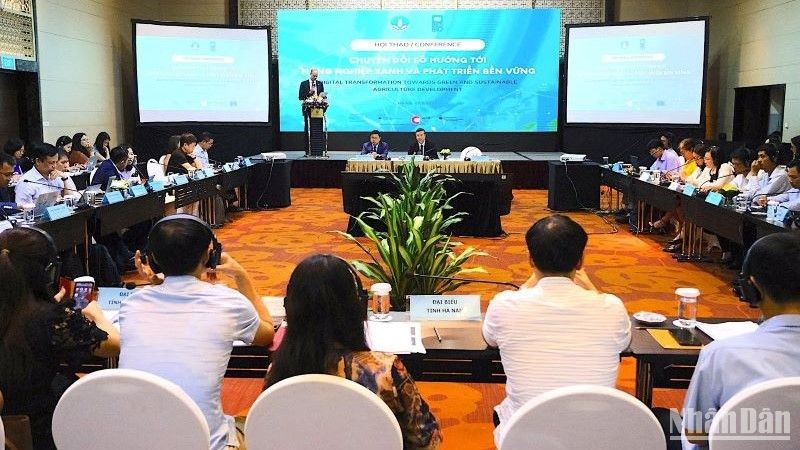
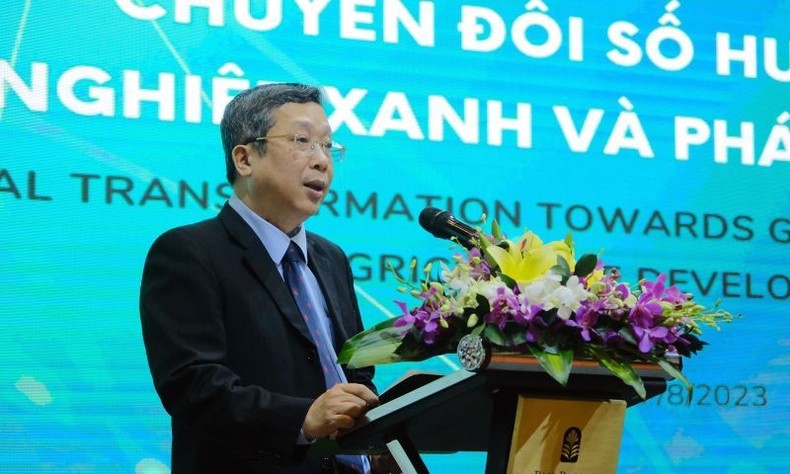








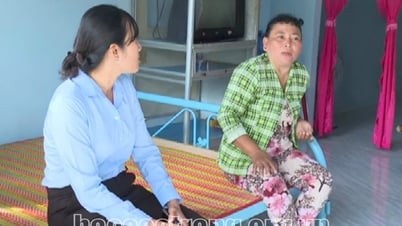

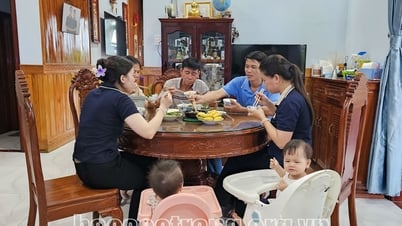
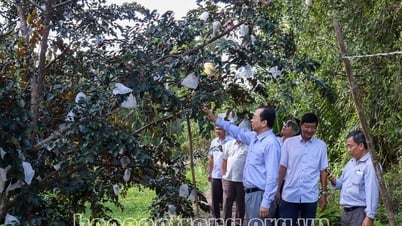
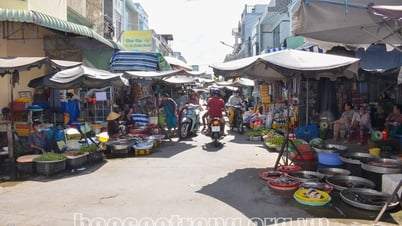










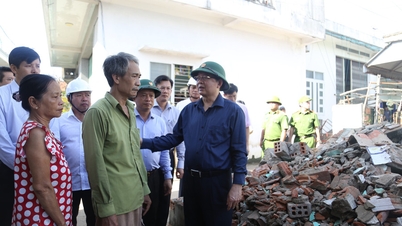







































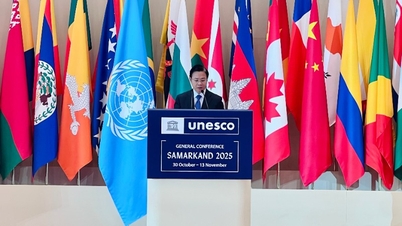
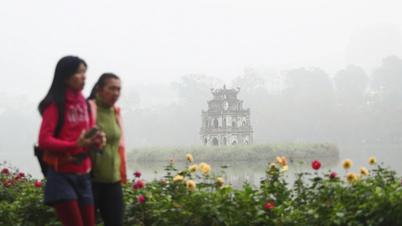







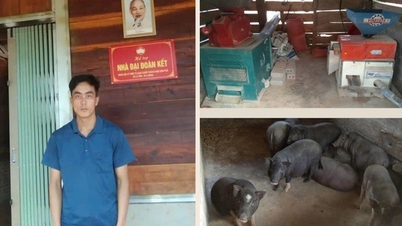
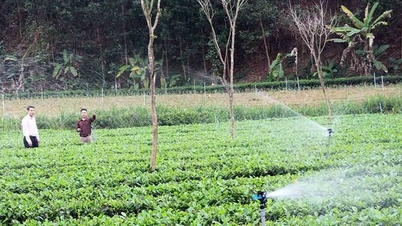




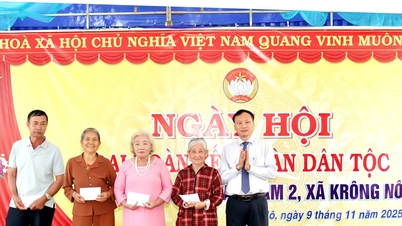
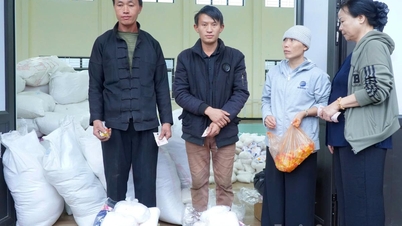



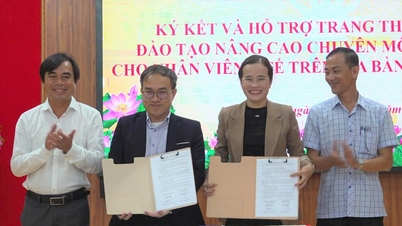

![Dong Nai OCOP transition: [Part 2] Opening new distribution channel](https://vphoto.vietnam.vn/thumb/402x226/vietnam/resource/IMAGE/2025/11/09/1762655780766_4613-anh-1_20240803100041-nongnghiep-154608.jpeg)













Comment (0)